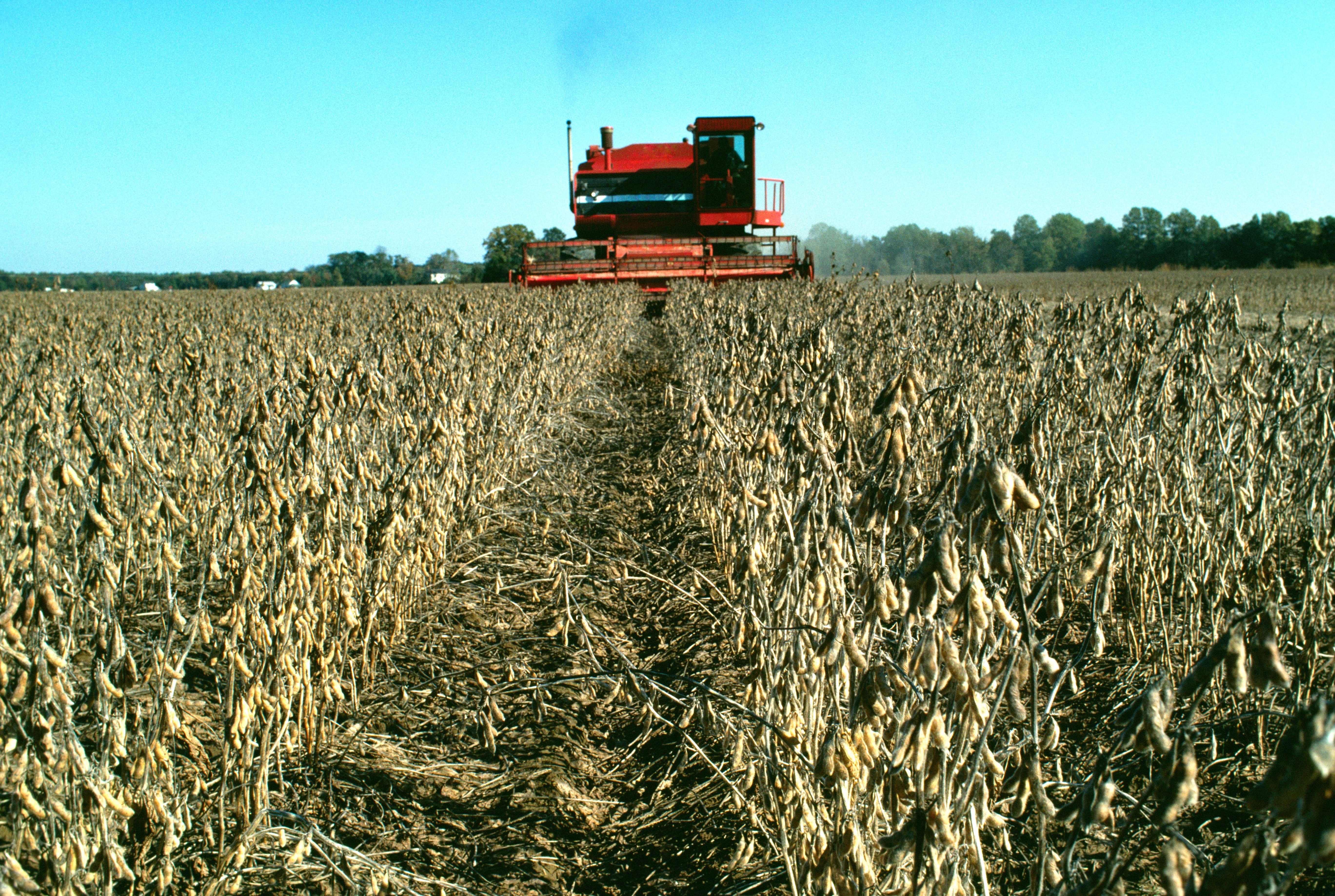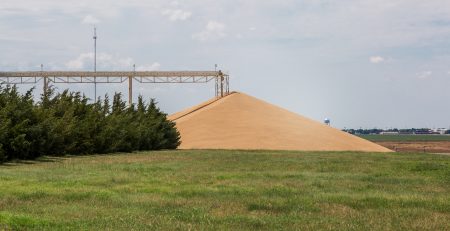Supply Disruptions Continue to Support Soy and Wheat
Soybeans
- The supply of soybeans to Argentine crushing plants is down by half and falling, the Rosario grains exchange.
- municipalities citing health concerns defied a government order that they allow cargo trucks to reach the plants.
- Mayors of dozens of towns near the Rosario grains export hub have blocked ground transport as Argentina locks down against the coronavirus.
- In the first week of March, 28,033 trucks hauling soy, corn and other agricultural commodities arrived at Rosario ports and meal factories. That number was down to 13,267 last week.
- FOB meal offers are higher by $5 – $10, as concerns over poor bean movement in Argentina adds a nearby premium.
- FBN’s Take On What It Means For The Farmer: This is leading to shortages at crush plants and causing run rates to remain under pressure. We believe uncertainty about when town/road blockades will be lifted and/or if selling will even pick up once harvest is further along as South American producers are expected to store beans due to higher export taxes and record high inflation will support soy prices, which is a positive for US producers.
- Wheat
- Russia’s Agriculture Ministry has proposed to limit grain exports for three months.
- The proposal is to limit grain exports to 7 million tonnes (mmt) for April-June, and is a response to the Russian government’s request to consider whether exports of any food should be limited because of the coronavirus pandemic.
- This move could limit wheat exports to just 5 mmt in Apr-Jun (other grains ~2 mmt) and restrict Russia’s July-June exports to ~32 mmt vs the USDA forecast at 35 mmt
- It’s possible the 3 mmt difference could lead to increased interest in US HRW if there isn’t any change in demand patterns.
- With Russia’s history of limiting grain exports in tough times, such as when ruble weakness causes a jump in domestic prices or prospects for the new crop are disappointing, there are fears further steps might follow.
- In Ukraine, the economy ministry on Friday said it was monitoring wheat exports daily and would take measures if needed.
- FBN’s Take On What It Means For The Farmer: World markets are firm. Restrictions in the Black Sea along with tightness / logistical issues in the EU could shift additional export interest to the US, which should support HRW values. Support on setbacks in wheat as the trade dials up the potential for better export interest as the Black Sea worries about their food security is expected. We continue to believe this provides producers with an opportunity to lock in prices that haven’t been seen since January on a portion of their production.










